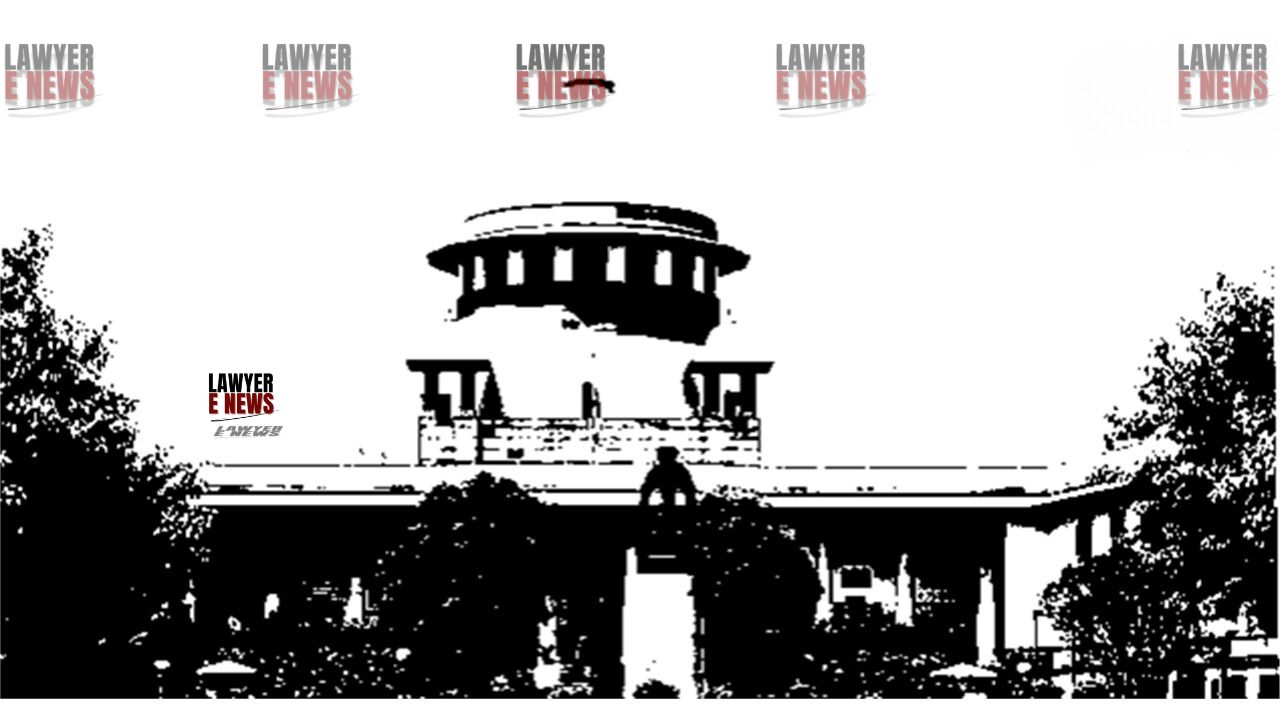-
by Admin
15 February 2026 5:35 AM



Supreme Court of India upholding the Andhra Pradesh High Court's 2010 decision that quashed a series of government orders (GoMs) related to the preferential allotment of public lands to elite groups, including judges, legislators, and journalists. The Court found the allotments to be unconstitutional, violating the principles of equality and public interest.
“The principle of equality enshrined in Article 14 cannot be compromised by arbitrary largesse masquerading as policy,” says the Supreme Court
The dispute centered around several GoMs issued by the Andhra Pradesh government between 2005 and 2008, which created a framework for allotting land at concessional rates to cooperative housing societies for various privileged groups, such as MLAs, MPs, AIS officers, journalists, and judges. The policies relaxed restrictions on eligibility and allowed beneficiaries to acquire plots even if they already owned properties, contrary to previous regulations.
The High Court, in its earlier ruling, quashed the 2006 and 2008 GoMs, holding that they deviated from established policy norms and catered to an elite minority, undermining public trust and interest.
The Supreme Court examined the constitutional validity of the impugned GoMs under Articles 14, 38, and 39(d) of the Constitution, which guarantee equality and social justice.
The Court emphasized that public land, as a natural resource, must be distributed equitably and only for legitimate public purposes. Referring to Ramana Dayaram Shetty v. International Airport Authority of India, the Court reiterated that "the State cannot act arbitrarily in dispensing largesse; its actions must adhere to fairness and equality."
The policies in question violated this principle by prioritizing affluent groups over marginalized communities. The Court noted:
"The allotment process does not meet the test of reasonableness and constitutes a betrayal of public trust by favoring the privileged at the expense of the underprivileged."
The Court held that the policies discriminated against weaker sections of society by reserving prime land for elite groups at heavily discounted rates. The judgment observed:
"Land, a scarce and valuable resource, cannot be gifted to the privileged few under the guise of promoting welfare while depriving those in genuine need."
While the respondents argued that the High Court's earlier judgment barred further challenges under the doctrine of constructive res judicata, the Supreme Court disagreed. It stated that each successive GoM constituted a fresh cause of action, especially since the new policies deviated significantly from earlier frameworks.
The Court underscored that public resources must be utilized to serve the larger public good. Referring to Shrilekha Vidyarthi v. State of U.P., it noted:
"Public interest is paramount in all policy decisions, and any deviation must be justified by compelling reasons that are free from arbitrariness or favoritism."
The Supreme Court dismissed the appeals filed by the State of Andhra Pradesh and the cooperative societies, confirming that the land allotments violated constitutional norms. It directed:
The allocated lands must revert to the State government.
New Policy Framework: Any fresh allotment of land must adhere to constitutional principles, ensuring transparency, fairness, and equity.
Eligibility Criteria: Restrictions on prior ownership and usage must be strictly enforced to prevent misuse.
This landmark ruling reinforces the judiciary's commitment to safeguarding constitutional principles against arbitrary state action. The judgment serves as a reminder that the distribution of public resources must align with the values of equality and justice, ensuring that the benefits of development reach the most deserving sections of society.
Date of Decision: November 25, 2024
